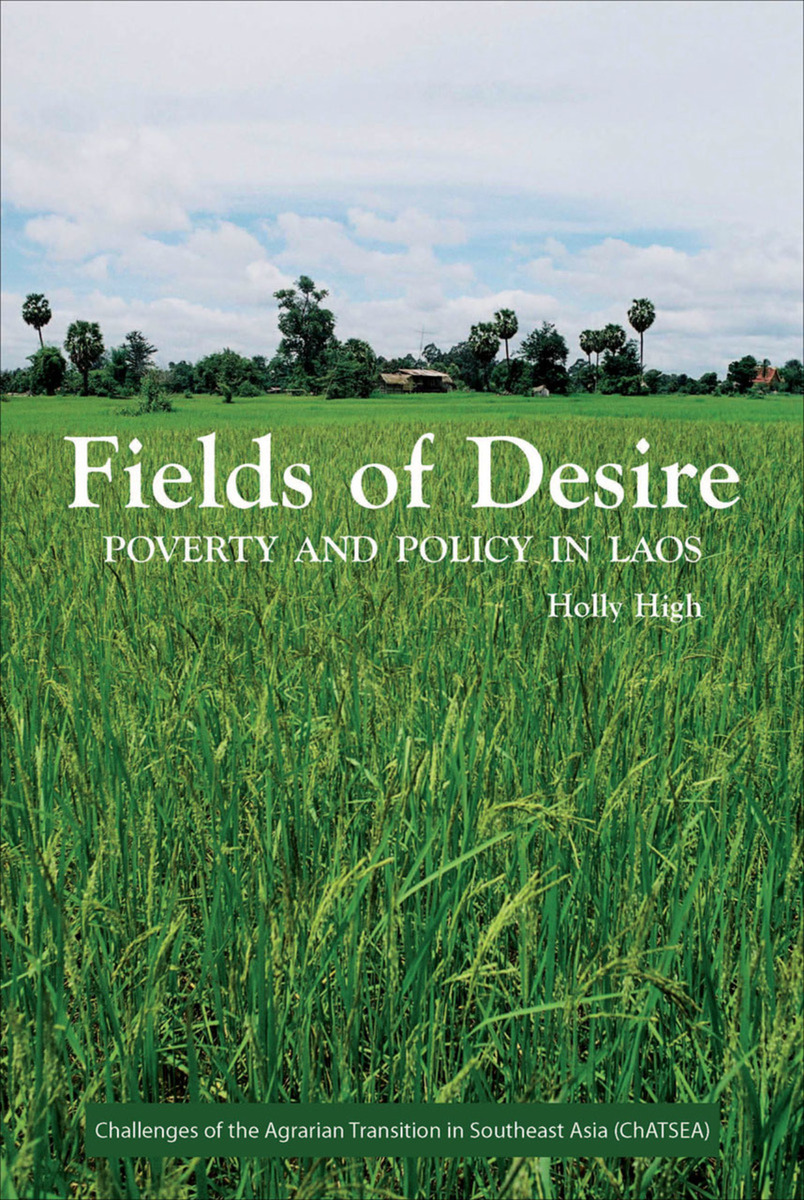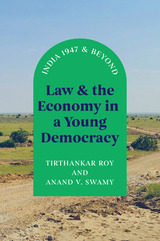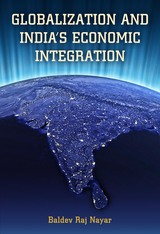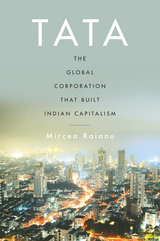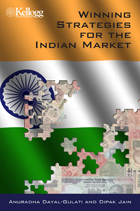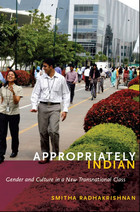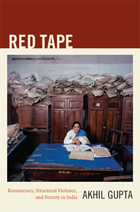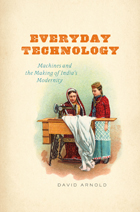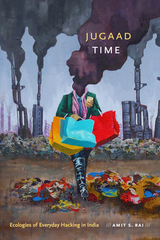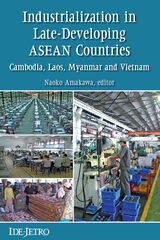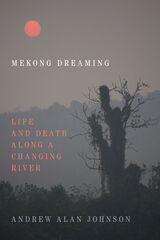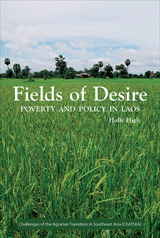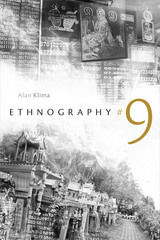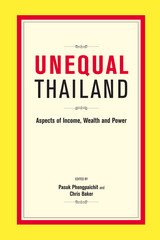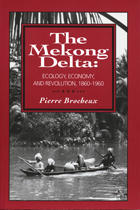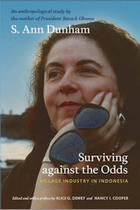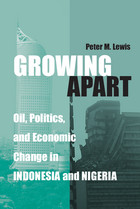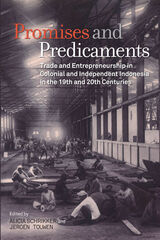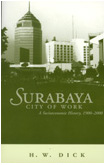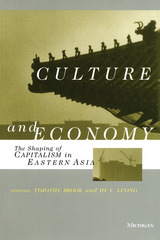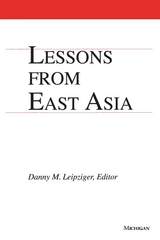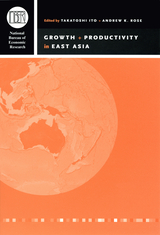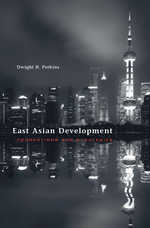Fields of Desire: Poverty and Policy in Laos
National University of Singapore Press, 2014
Paper: 978-9971-69-770-9
Library of Congress Classification HC443.Z9H54 2012
See other books on: Desire | Fields | Policy | Poverty | Sociological aspects
See other titles from National University of Singapore Press
Paper: 978-9971-69-770-9
Library of Congress Classification HC443.Z9H54 2012
ABOUT THIS BOOK | TOC
ABOUT THIS BOOK
In this important new book, High argues that poverty reduction policies are formulated and implemented in fields of desire. Drawing on psychoanalytic understandings of desire, she shows that such programs circulate around the question of what is lacking. Far from rational responses to measures of need, then, the politics of poverty are unconscious, culturally expressed, mutually contradictory, and sometimes contrary to self-interest.
Based on long-term fieldwork in a Lao village that has been the subject of multiple poverty reduction and development programs, High’s account looks at implementation on the ground. While these efforts were laudable in their aims of reducing poverty, they often failed to achieve their objectives. Local people received them with suspicion and disillusionment. Nevertheless, poverty reduction policies continued to be renewed by planners and even desired locally. High relates this to the force of aspirations among rural Lao, ambivalent understandings of power and the “post-rebellious” moment in contemporary Laos.
Based on long-term fieldwork in a Lao village that has been the subject of multiple poverty reduction and development programs, High’s account looks at implementation on the ground. While these efforts were laudable in their aims of reducing poverty, they often failed to achieve their objectives. Local people received them with suspicion and disillusionment. Nevertheless, poverty reduction policies continued to be renewed by planners and even desired locally. High relates this to the force of aspirations among rural Lao, ambivalent understandings of power and the “post-rebellious” moment in contemporary Laos.
See other books on: Desire | Fields | Policy | Poverty | Sociological aspects
See other titles from National University of Singapore Press
